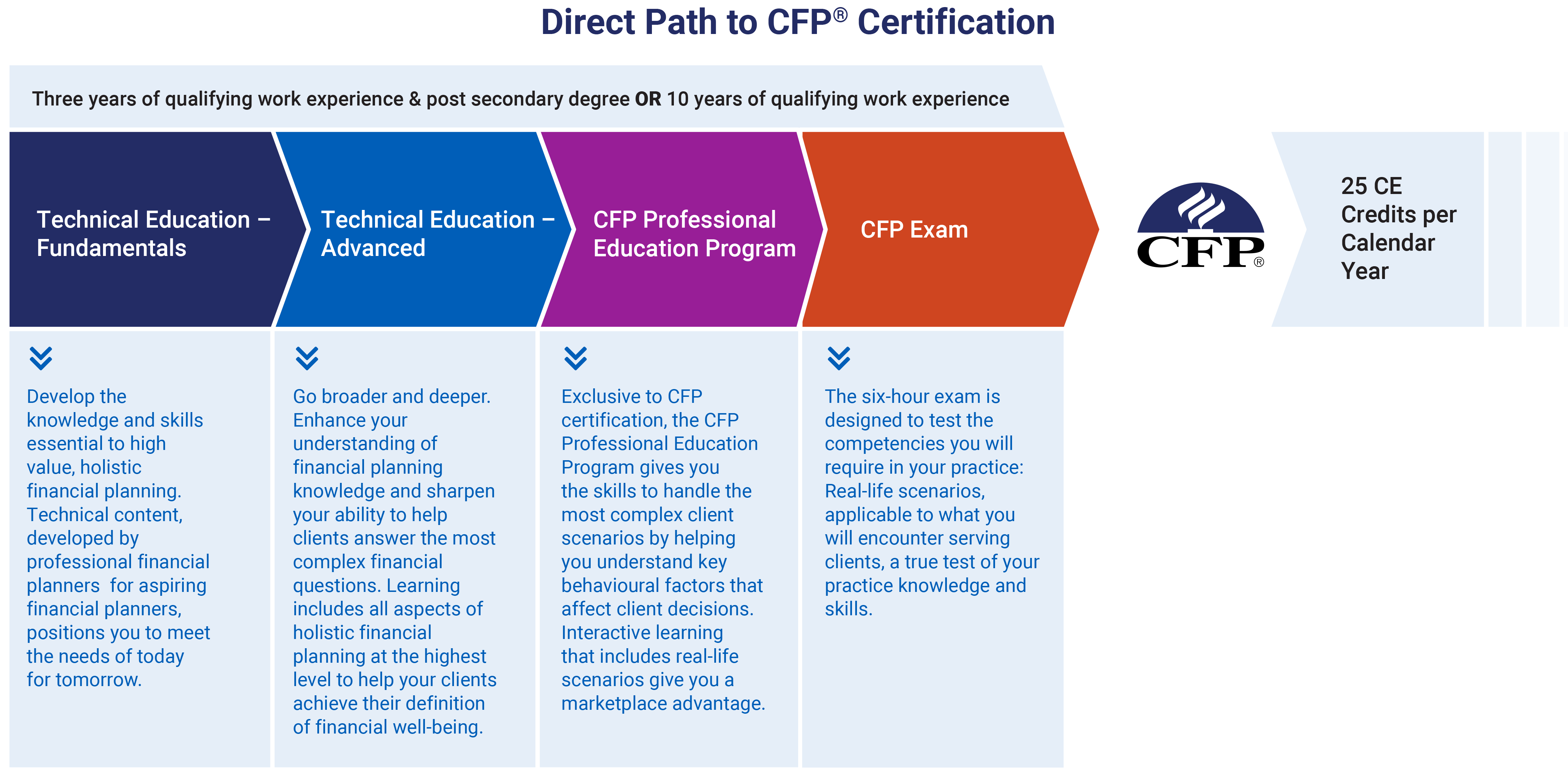- About us
-
Our certifications
FP Canada Institute™ offers end-to-end education towards CFP® certification and QAFP® certification
-
Get certified
Learn how to become a QAFP® professional or CFP® professional
-
Professional responsibility
The FP Canada Standards Council™ reviews all complaints it receives
-
Career & growth
Access your financial planning professionals account
-
Catalogue
Sign in to your FP Canada account




